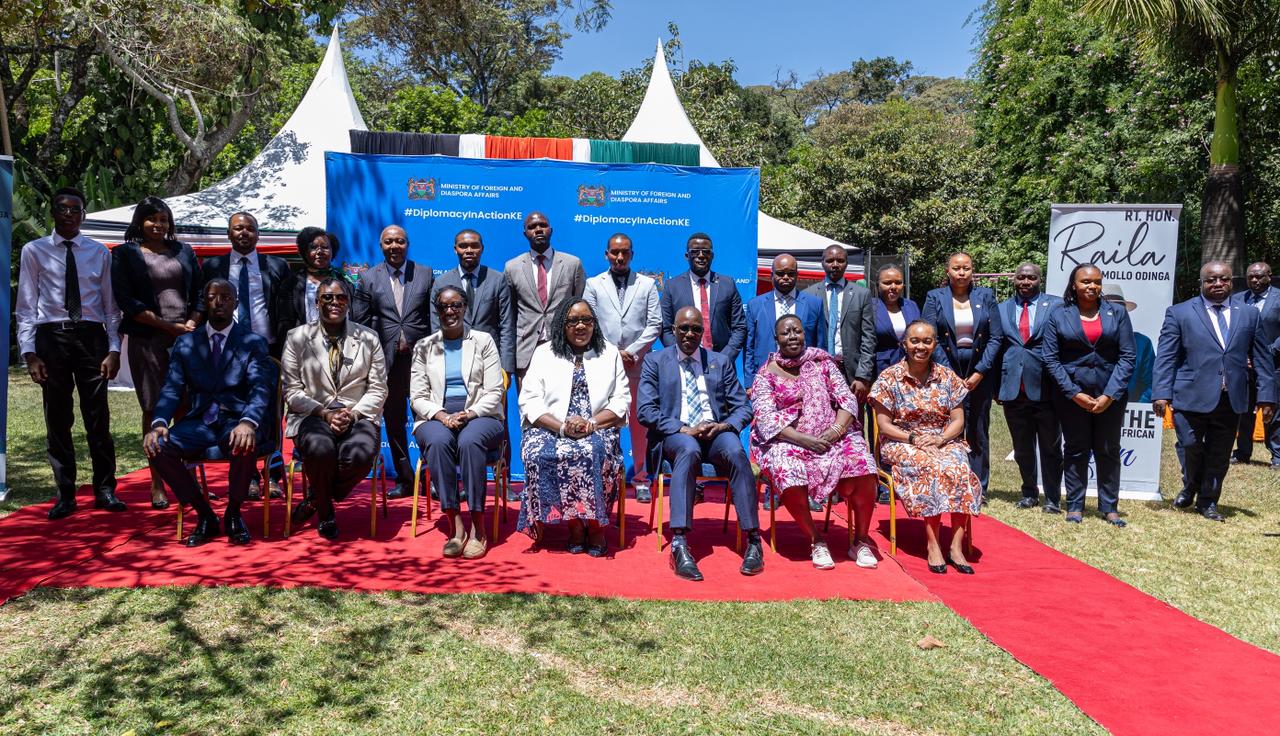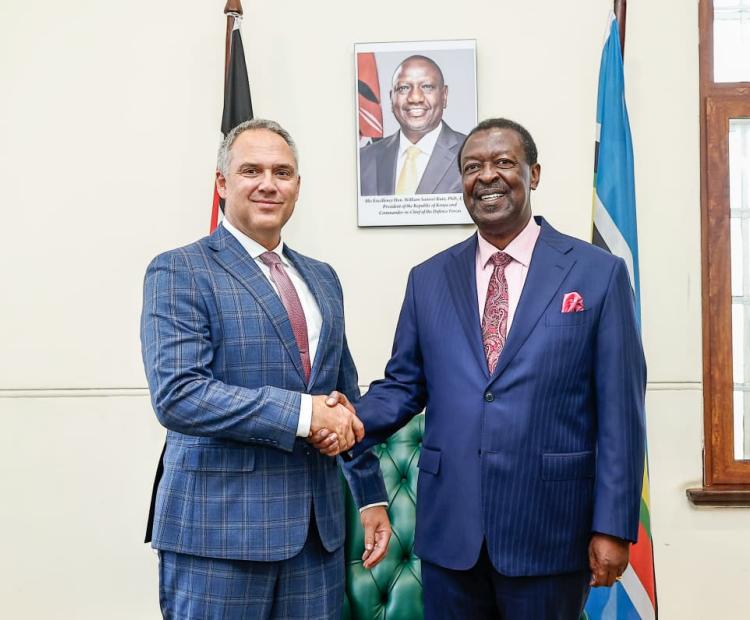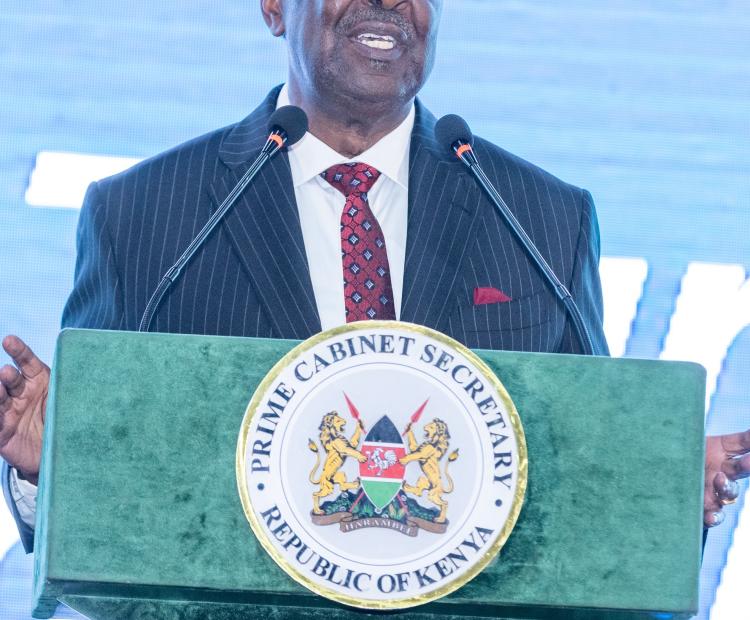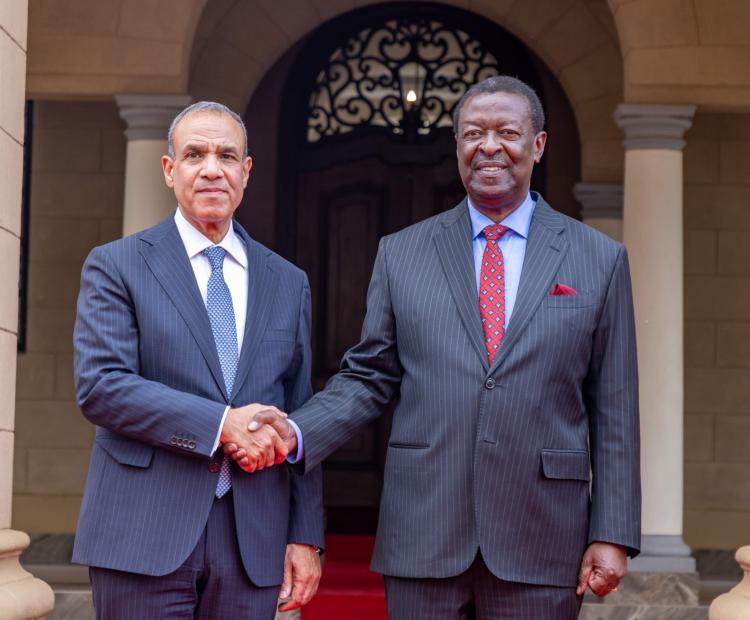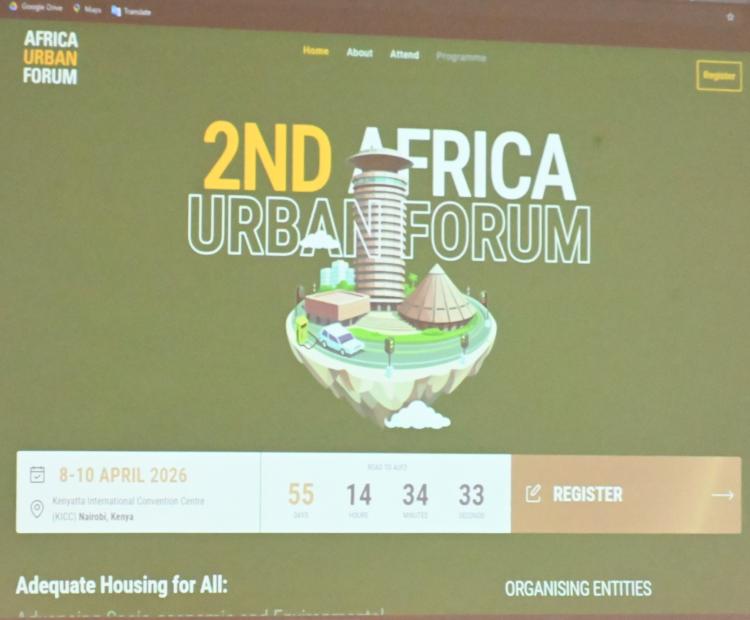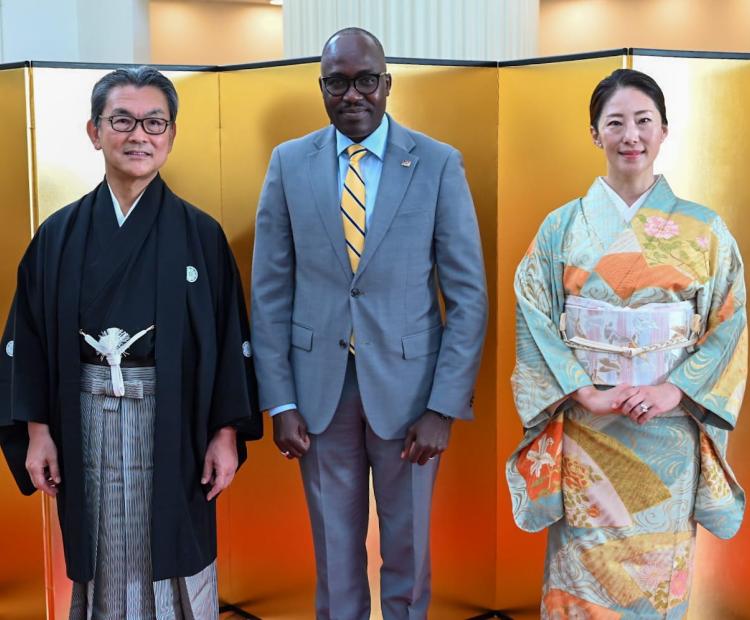Homepage
Oceans and Blue Economy Diplomacy
Develop ocean and inland water bodies resources, protect marine domain and boundaries, combat maritime threats, enhance co-operation, utilize ocean and coastal space, protect the ocean and maritime activities to contribute to equitable sharing of ocean and marine resources and benefits.
Socio-Cultural Diplomacy
Promote Kenya’s culture, values, and social practices, such as heritage, sports, education, and health to foster international relationships and promote a positive global image that strengthens people-to-people connections and enhances the country's influence through soft power. This also incorporates Education, Tourism, Sports and Education Diplomacy.
Science, Technology and Innovation diplomacy
Advancing global technological discourse by integrating advanced technologies such as digital platforms, AI, and innovation ecosystems into diplomacy, positioning Kenya as a key player in global technological discourse and enhancing economic growth, job creation, and international collaboration.

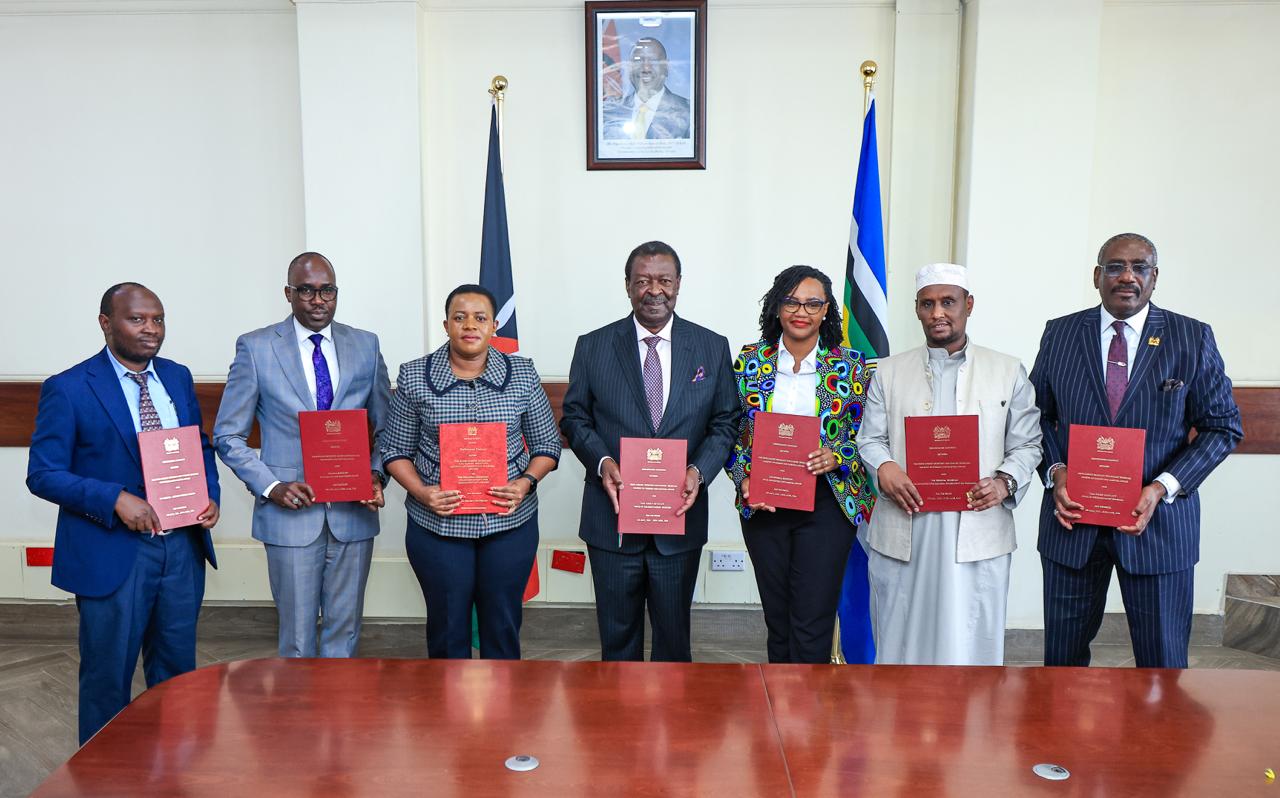
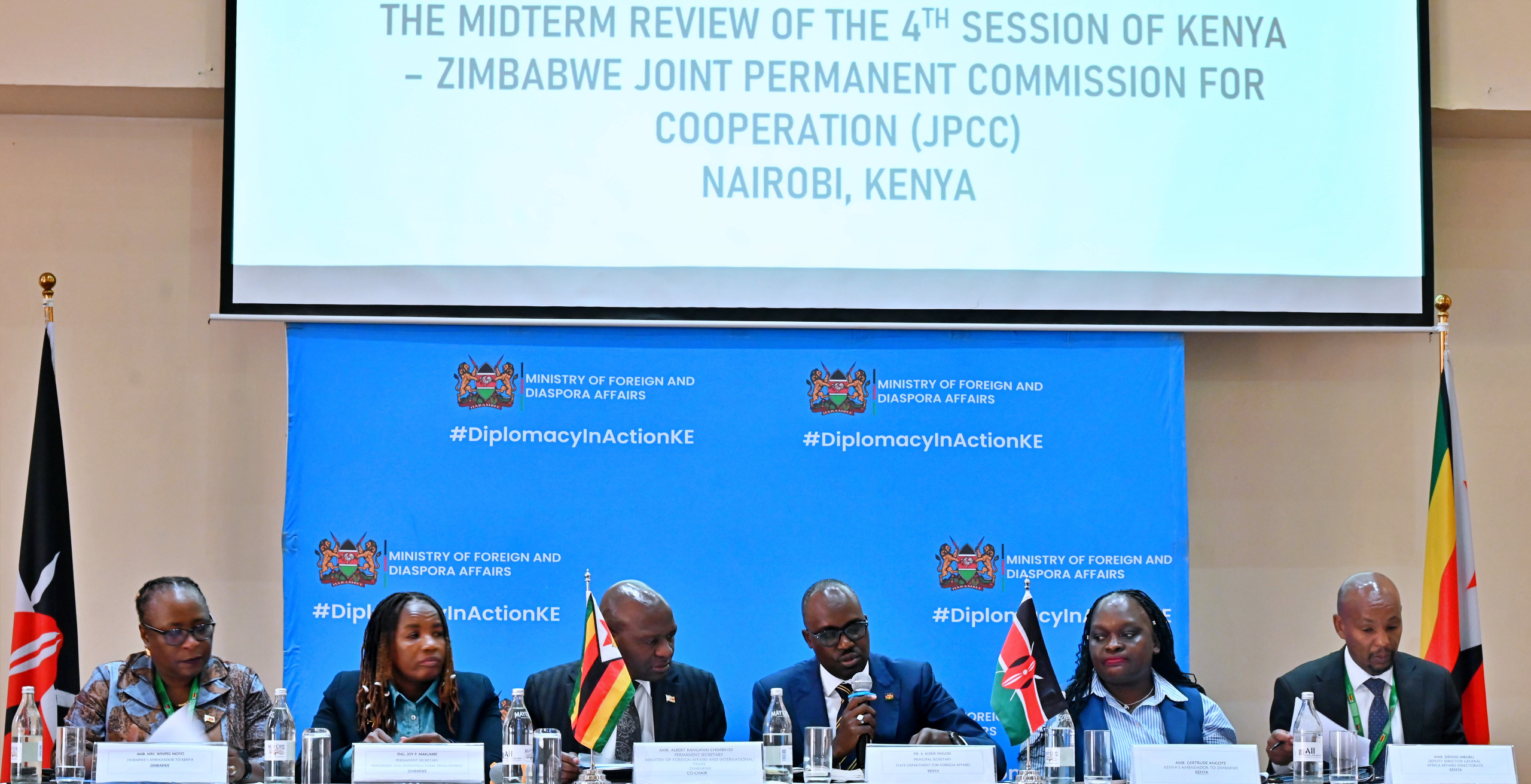
_0.jpeg)
